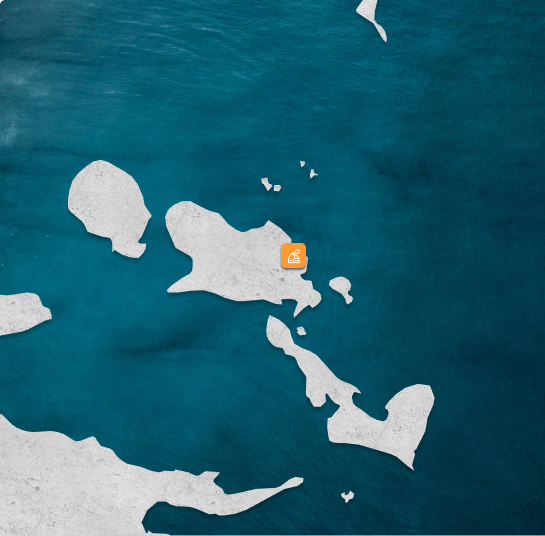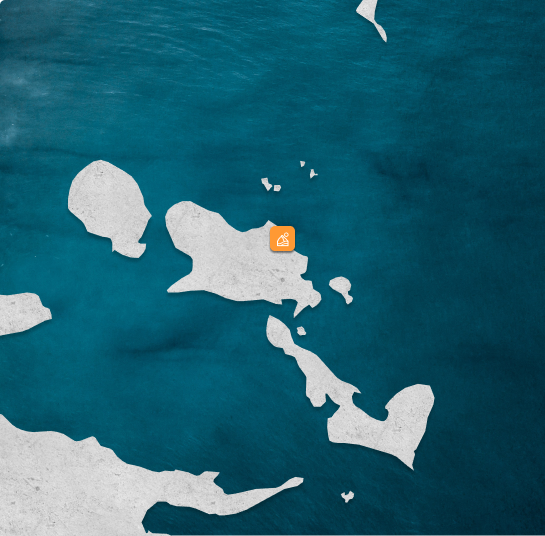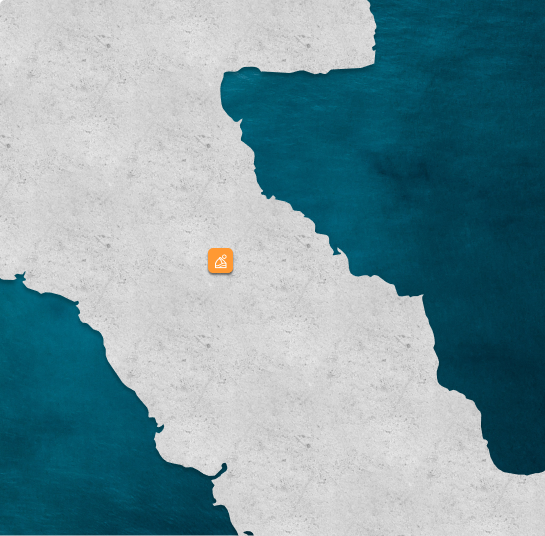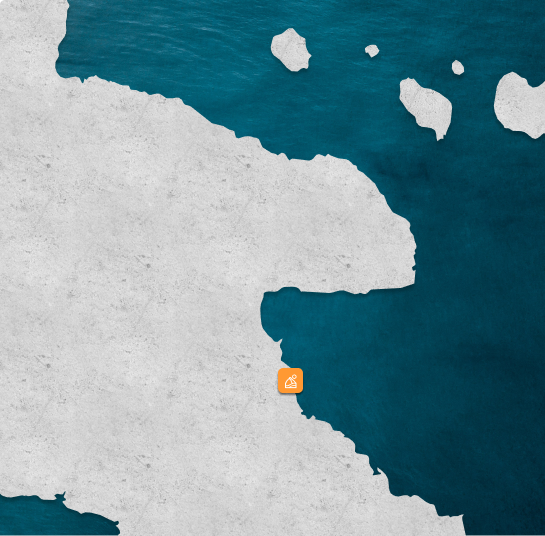The High-CO2 Nickel Conundrum
There’s been no shortage of metals industry turmoil in the early years of the electric-car age, from ups in lithium prices that Elon Musk described as insane, to downs for cobalt springing from battery-chemistry shifts.
One of the world leaders in battery materials that will be supplying the likes of BMW, Mercedes-Benz, Volkswagen and Stellantis sees potential for more tumult ahead, unless a serious CO2 problem is resolved in the country home to far and away the most mined and refined nickel.
Indonesia’s nickel industry is highly carbon-intensive, with one of its major industrial parks alone relying on roughly as much coal-fire energy capacity as all of Mexico. Mathias Miedreich, chief executive officer of Belgium’s Umicore, believes Chinese companies that are active in the space still lack sensitivity as to how much polluting is taking place within this part of the supply chain.
“This is probably the biggest risk in supply for the electrification of the world — if the CO2-nickel equation is not actively tackled,” Miedreich said in July. “If there’s no action, the industry will have a problem.”
Indonesian industry and government officials have vowed to mitigate the environmental damage and clean up the energy system as part of a more than $20 billion climate deal with wealthy countries and large financial institutions. A key hurdle the coalition has run into is the rapid growth of captive coal-fired power plants built to support nickel production.
Umicore has lined up alternative sources around the world to where it won’t rely on Indonesia in the medium term, Miedreich said in an interview this week. He spoke after the company announced a 10-year contract to supply high-nickel battery materials the company will produce in Canada to AESC, whose customers in the region include BMW.
In the back half of the decade, however, Miedreich sees Umicore likely needing to supplement the nickel it’s sourcing from elsewhere with some additional supply from Indonesia. The CEO said he’s been encouraged by initiatives underway to help meet the industry’s needs, citing BASF and Eramet’s $2.6 billion nickel-smelter plan announced in January, and other projects still being worked on in private.
Umicore is one of the more uniquely positioned suppliers in the transition to EVs. It has a leading position in catalytic converters, the metal cylinders under combustion-engine cars that cleans their exhaust before it exits the tailpipe. That business is expected to generate €3 billion ($3.2 billion) in cash through the end of the decade that will help fund its battery materials expansion. It opened a cathode active materials plant in Poland last year that it’s said will have the potential to supply enough metal oxides for 3 million EVs by the late 2020s.
Some European customers have begun to include guaranteed thresholds of CO2 per ton of cathode material in their specification requirements, Miedreich said. The company has been positioning for this, having arranged years ago for its plant in Poland to be fully powered by renewable electricity from a nearby onshore wind farm. It signed a long-term agreement earlier this year to source low-carbon nickel sulfate from Finland’s Terrafame.
While one of the most vexing issues facing Europe’s auto industry will be securing enough low-carbon nickel at competitive costs, Miedreich sees potential for the region’s car companies to pay up for localized cathode material supply.
Manufacturers are “kind of in a shell-shock state still from the microchip-shortage crisis,” he said. “Companies are ready to pay a premium for proximity and supply chain robustness.”




